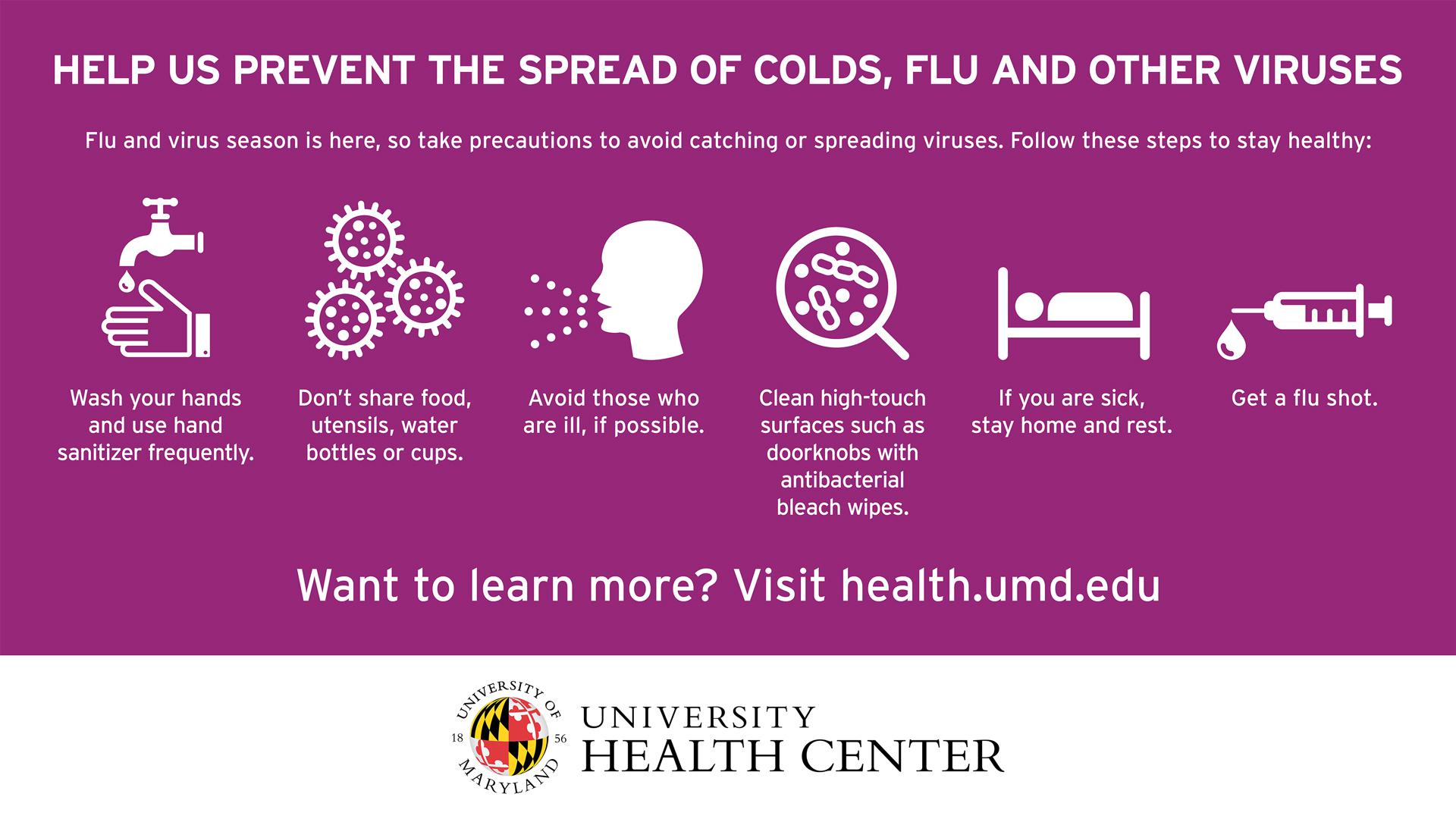Coronavirus Statement

As the news about the novel coronavirus continues to spread, the Office of Diversity & Inclusion (ODI) is committed to sharing knowledge and information related to building a supportive, empathic and informed community. We encourage campus community members to be aware of the prevention recommendations provided by the University Health Center.
Worry about the coronavirus can trigger numerous reactions. For some, concern about our well-being, as well as the health of family and friends, may give way to anxiety, hypervigilance, inability to focus and difficulty sleeping. Importantly, even without traveling in an affected area, people may know and worry about others who are affected. Trying to keep updated via the news and social media can be stressful.
For others, fear and anxiety may contribute to broad generalizations and assumptions about China and people from other Asian countries. Historically, viral outbreaks that have reportedly originated in other countries have fostered biased perspectives about people assumed to be from those regions (or people who physically resemble them). For example, panic about Ebola in 2014 led to discrimination against Africans and African Americans, and the 2003 SARS epidemic contributed to widespread stigmatization of Chinese communities and other Asian Americans. Classifying all Asian people as dangerous or sick, or making assumptions about a person's nationality based on their physical features reinforces long-standing histories of xenophobia and racism, whether intentional or not.
Given the diversity of our campus community, we would like to offer the following tips for community care even as the coronavirus continues to dominate our thoughts and the news cycle.
Asian and Asian American—especially Chinese and Chinese American—students, faculty, and staff are valued members of the UMD community. If you have experienced bias or discrimination, please consider the following:
- Recognize that Anti-Asian xenophobia and racism may negatively affect your physical and mental health. Stomachaches, backaches and headaches are common responses to discrimination. Additionally, you may experience difficulty concentrating, worry about your safety, decreased self-esteem, irritability with others and temporary lack of interest in your day-to-day activities. It is OK to seek medical or mental health care as needed.
- Connect with those you trust. Social support is critical, and expressing concern about how you are being affected can be clarifying and energizing.
- Seek assistance from campus departments including ODI, International Student & Scholar Services, the Office of Multicultural Involvement & Community Advocacy (MICA), UMD's chaplains, and the Counseling Center.
- Report incidents of bias to the Bias Incident Support Services.
- Report acts of discrimination to the Office of Civil Rights & Sexual Misconduct.
If you find that you are maintaining distance from or worried about interacting with Asian people, please consider the following:
- Resist the tendency to make broad generalizations about people. Uncertainty about the coronavirus may lead to anxiety and fear. Harmful behaviors can occur when anxiety and fear are projected onto entire social groups. Such behavior is harmful to the well-being of targeted individuals and does not protect anyone from the coronavirus.
- Educate yourself and maintain perspective. Officials from the Centers for Disease Control and Prevention (CDC) the World Health Organization (WHO) have cautioned the public about discriminating and assuming that Asians are more likely to have the virus. At the same time, some people are assuming that Asian individuals wearing masks is an indicator of illness. Wearing masks in some Asian communities can serve diverse functions such as preventing the spread of illness, protecting the wearer from illness (e.g., flu), and limiting the intake of pollutants. Continue to educate yourself as this public health issue evolves.
- Treat community members with care and empathy. Rather than treating someone with suspicion or contempt, ask them how they are feeling and whether they might need assistance getting medical support. Also, recognize that trying to engage a person who is worried about family or friends could have unintended emotional consequences. To minimize the possibility of upsetting someone, ask permission before starting a conversation about the coronavirus.
Please continue to take care of yourselves and each other, as we continue to strive for a UMD that is mutually respectful, physically safe, broadly inclusive, socially connected and morally accountable. Most importantly, seek support as needed.
